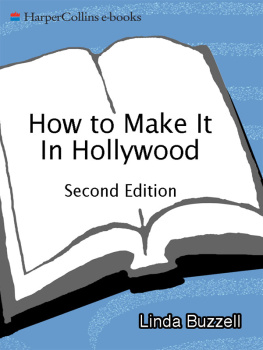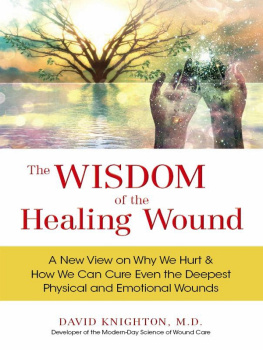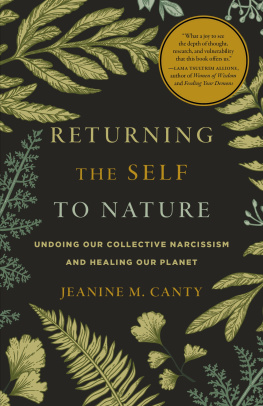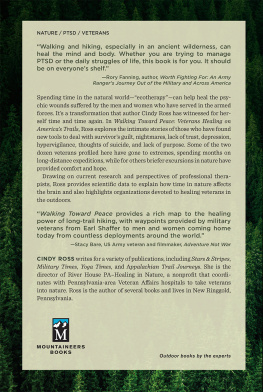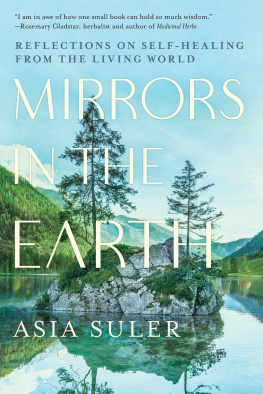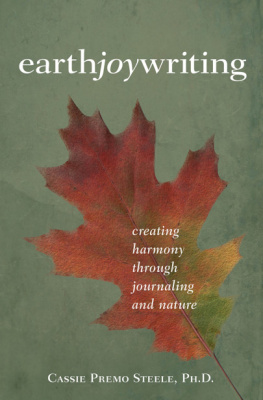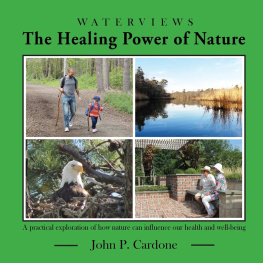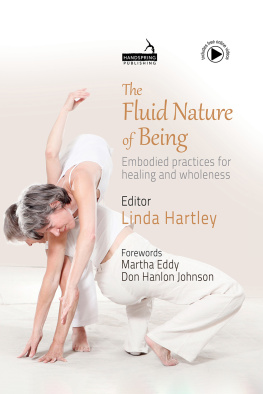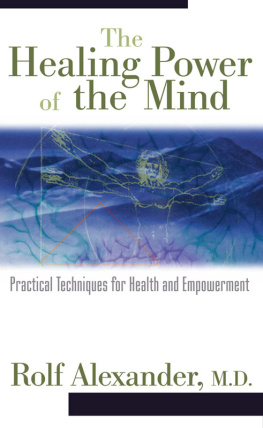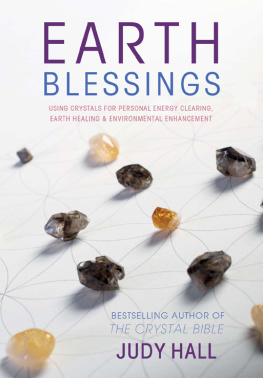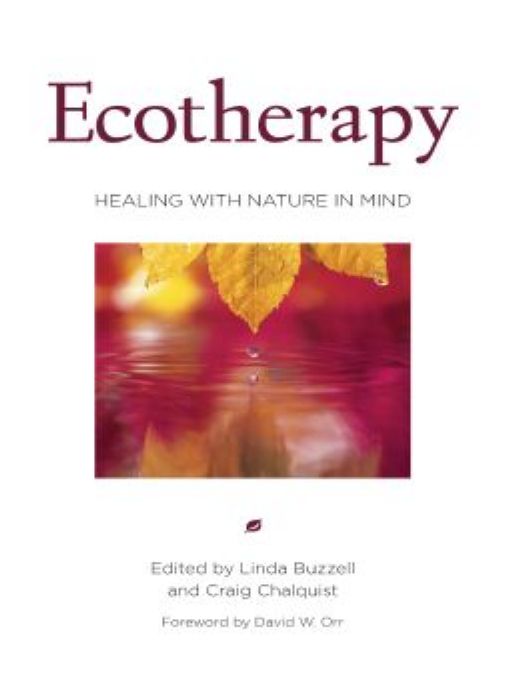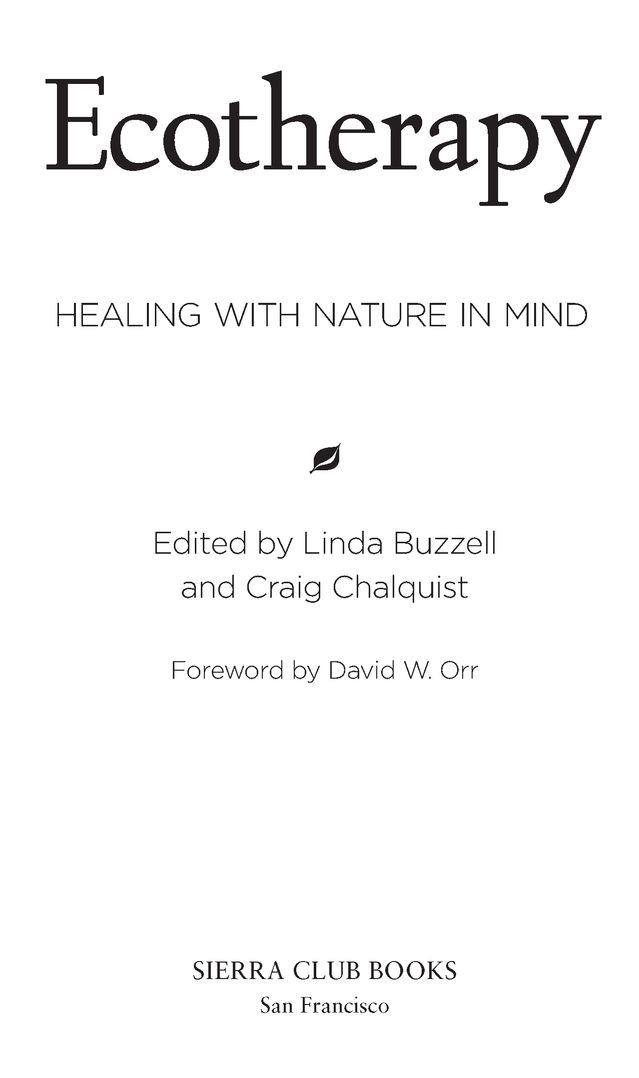Table of Contents
For my dear husband, Larry Saltzman, and the next generations who will inherit the Earth, including Ruth, Sarah, Ellen, Hailey, Katy, Aiden, Hannah, Tirosh, Melissa, Jason, Amy, Emerson, Andrew, Brayden, Benjamin, David, David Lee, and Jessy.
Linda Buzzell
To all the students and eager learners whose attempts to heal the psychenature split prompted us to assemble this book. Never give up, for the future belongs to you.
Craig Chalquist
ACKNOWLEDGMENTS
Wed like to give special thanks to our editors, Linda Gunnarson and Ellen Wheat, for their firm guidance and support, to our tireless ICM agent, Tina Wexler, for helping us stay on top of everything through all the prebirth chaos, and to Sierra Club Books senior editor Diana Landau and publisher Helen Sweetland. And we couldnt have brought this book to fruition without the help of the many friends and advisers who have supported us through this process, including former Sierra Club Books editor-in-chief Danny Moses, writers consultant Rick Benzel, Mary Gomes, and Allen Kanner. Wed also like to thank all those who over the years have asked us how the field of ecopsychology could address itself more directly to the practical aspects of psychological healing. They are the inspiration for this book.
Linda Buzzell extends additional appreciation to Steve Aizenstat, Mary Watkins, Ed Casey, Heather Witham, Liz Harrison, Bob Banner, Sascha and Lauren Schneider, Paul and Sarah Edwards, and to her colleagues and friends at Pacifica Graduate Institute, the Opus Archives, the International Association for Ecotherapy, the Santa Barbara Permaculture Guild, the Santa Barbara Voluntary Simplicity Circle, the Creating Community Pathways circle, and the electronic mailing lists of the International Community for Ecopsychology, Activist Ecopsychology, and Perma-Psychology.
Craig Chalquist gives many thanks to the School of Holistic Studies at John F. Kennedy University for the opportunity to teach, modify, and experiment with his Planetary Psychology class, attended by so many thoughtful graduate students.
A few of the essays in this book previously appeared elsewhere, sometimes in slightly different form. We gratefully acknowledge permission to reprint those pieces, as follows:
George W. Burns, The Path of Happiness: Integrating Nature into Therapy for Couples and Families, adaped from an article copyright 2000 by George W. Burns and the Australian and New Zealand Journal of Family Therapy. Reprinted with the kind permission of the editors of ANZJFT.
Mary Gomes, Altars of Extinction, adapted from an article of the same title, copyright 2005 by Reclaiming Quarterly: The Magazine of Witchcraft and Magical Activism. Reprinted by permission of the author and Reclaiming Quarterly.
Richard Heinberg, The Psychology of Peak Oil and Climate Change, adapted from Peak Everything: Waking Up to the Century of Declines, copyright 2007 by Richard Heinberg. Reprinted by permission of the author and New Society Publishers.
Richard Louv, Children and Nature: The Great Disconnect, adapted from Last Child in the Woods: Saving Our Children from Nature-Deficit Disorder, copyright 2005 by Richard Louv. Reprinted by permission of Algonquin Books of Chapel Hill.
Joanna Macy, The Greening of the Self, adapted from World As Lover, World As Self: Courage for Global Justice and Ecological Renewal, copyright 1991 by Unified Buddhist Church and reissued 2007 by Parallax Press. Reprinted by permission of Parallax Press.
Bill McKibben, Human Nature, Community, and Deep Economy, excerpt adapted from All for One, or One for All, in Deep Economy: The Wealth of Communities and the Durable Future by Bill McKibben. Copyright 2007 by Bill McKibben. Reprinted by permission of Henry Holt and Company, LLC.
FOREWORD
David W. Orr
Health is at once the most obvious and most illusory word in our language. We see it manifest in a ruddy glow, energetic behavior, or physical growth, and in such conditions as a healthy economy. But the same outward signs can also mask underlying illness, disease, and disorder. From human health to that of social systems and ecosystems, outward appearances are often misleading. It requires a discerning eye to distinguish health from various kinds of ill-health. Describing the conditions of land health, for example, Aldo Leopold once wrote:
Suppose we are touring the Ozarks. Here is an abandoned field in which the ragweed is sparse and short. Does this tell us anything about why the mortgage was foreclosed? About how long ago? Would this field be a good place to look for quail? Does the short ragweed have any connection with the human story behind yonder graveyard? If all the ragweed in this watershed were short, would that tell us anything about the future of floods in the stream? About the future prospects for bass or trout?
The causes of health or disease, as Leopold suggests, are often obscure and easily confused. Western thought has compounded the confusion by isolating components as discrete disciplines and treating only the symptoms of disease. So we tend to focus on medical procedures such as liposuction rather than diet and nutrition; on heart transplants rather than lifestyle changes; on economic production, not ecological costs; and on behavior versus deep underlying causes.
We now know, however, that the health of any living system is seldom tied to any single part but is dependent on both lesser and larger things. In other words, health is a systems concept that cannot be split off from the whole. The health of a body, for example, depends a great deal on that of component systems of cells, fluids, organs, and genes, each related to the others through a complex network of balance mechanisms, as Ren Dubos once put it. It is impossible to maintain healthy organisms in unhealthy ecosystems for long, or healthy ecosystems in a stressed biosphere in which basic functions and cycles are disrupted. The health of any part requires healthy constituents below and a healthy context above.
Western science has been slow to accept a systems view of health, preferring to focus both diagnosis and prescription on discrete parts. Its chief weakness is its failure to see the whole, while that of holistic medicine is the inability to separate the part from the whole. These two approaches evolved in different cultures over many centuries but are complementary and mutually dependent.
Against formidable resistance, the systems perspective is gradually being accepted into mainstream medicine as well as in other fields such as architecture and agriculture. So far this is still occurring within an overarching paradigm of human mastery of nature and human resistance to deep psychic engagement with the natural world. The idea of interrelatedness has yet to make a deep mark on the study of mind and our understanding of mental health. It is a considerable leap from understanding systems in the biophysical world to regarding ourselves as a part of that world, grounded in our evolutionary past and rooted in nature.
Certainly, as Edward O. Wilson proposes, we have an innate affinity for life and life-like processes. After tens of thousands of years of co-evolution with other life forms, it would be odd indeed if we did not. I believe that, more than just an affinity for nature, we have a deep need for rootedness and connection with nature, particularly the nature of our home places. Roszak proposes that we go further and acknowledge what he terms the ecological unconscious as the bedrock for our sanity. But it has been extremely difficult to acknowledge our psychic dependence on nature. As Thomas Berry and others have noted, we have become autistic to the natural world. Caught up in a self-made world of illusion, greed, and ill-will, we could not hear or comprehend the nature around us or the whisper of Gaia herself. The healers of mind and spirit, too, were caught up in efforts to enable their patients to fit comfortably and drowsily into an insane world careening toward the abyss. Ahead loom destabilization of climate, the loss of one-third of the species presently on Earth, and the ongoing destruction of whole ecologies. Such things are not just problems or accidents but symptoms of a deep mental derangement that can be cured only by a correspondingly deep healing.


